A captivating insight into the private estate of Leni Riefenstahl, who became world-famous with her Nazi propaganda film TRIUMPH OF THE WILL but kept denying any closer ties to the regime.
ORDER THE BLU-RAY NOW
WATCH NOW
Would you like to set up a screening?
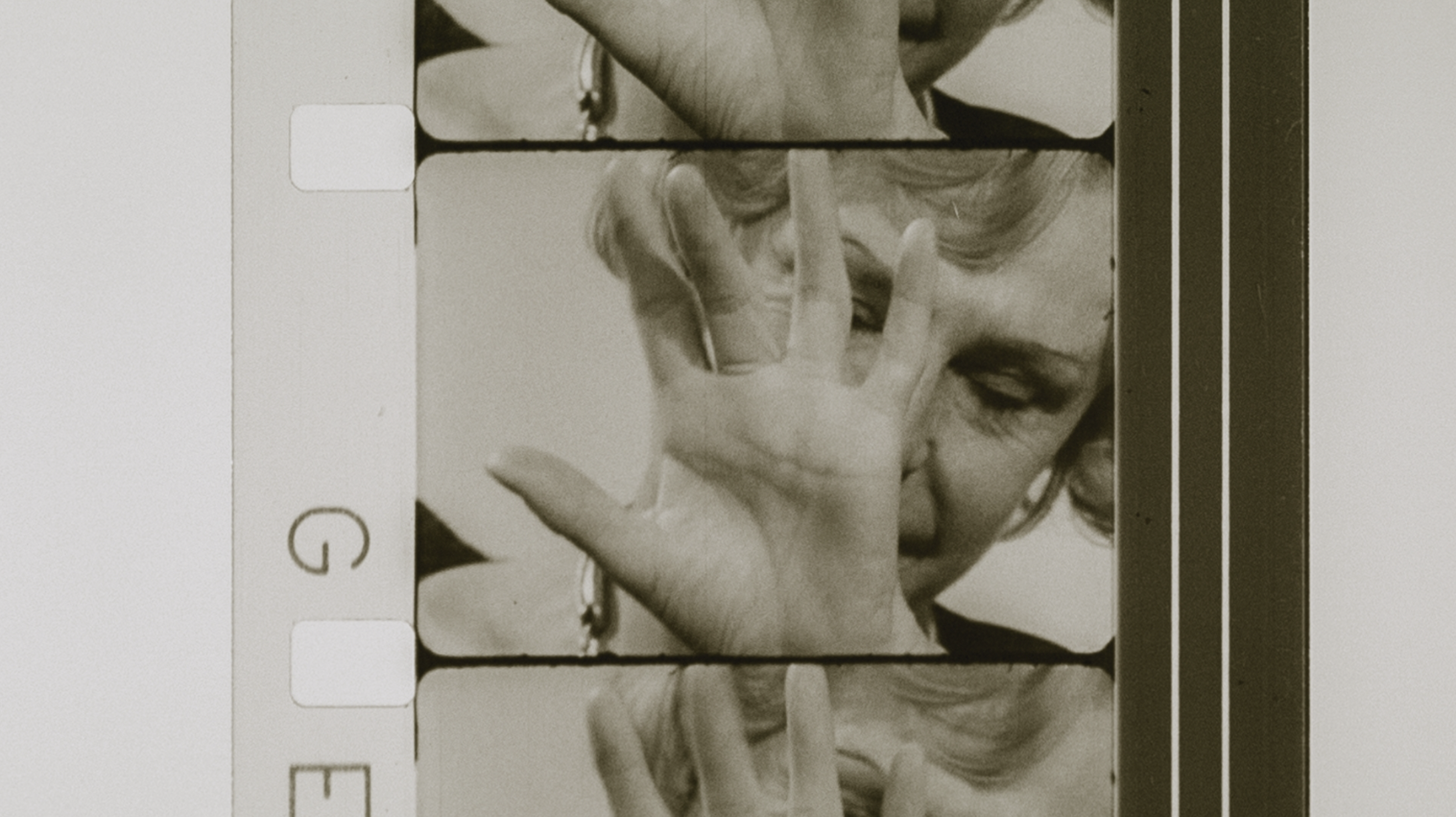
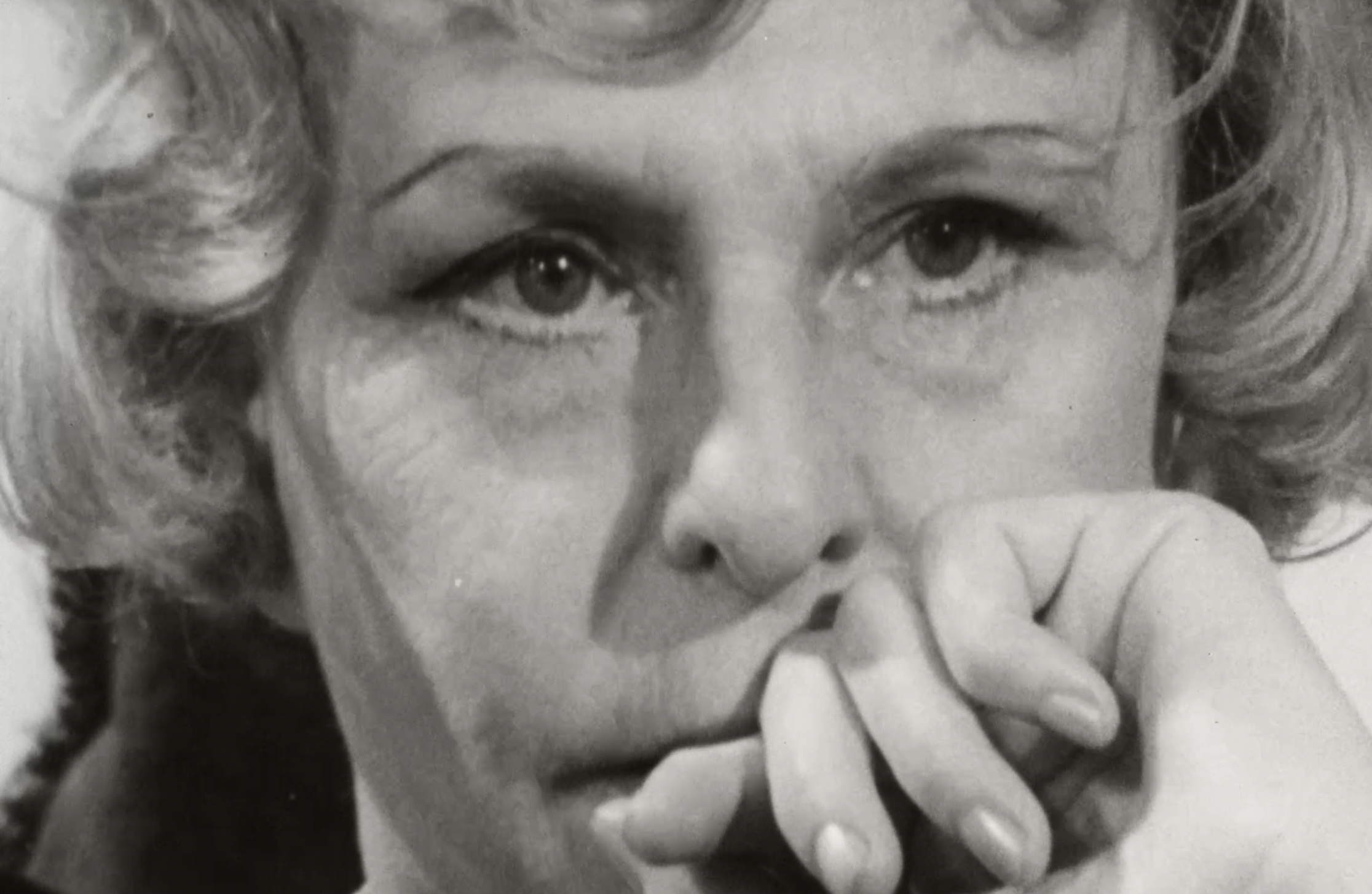
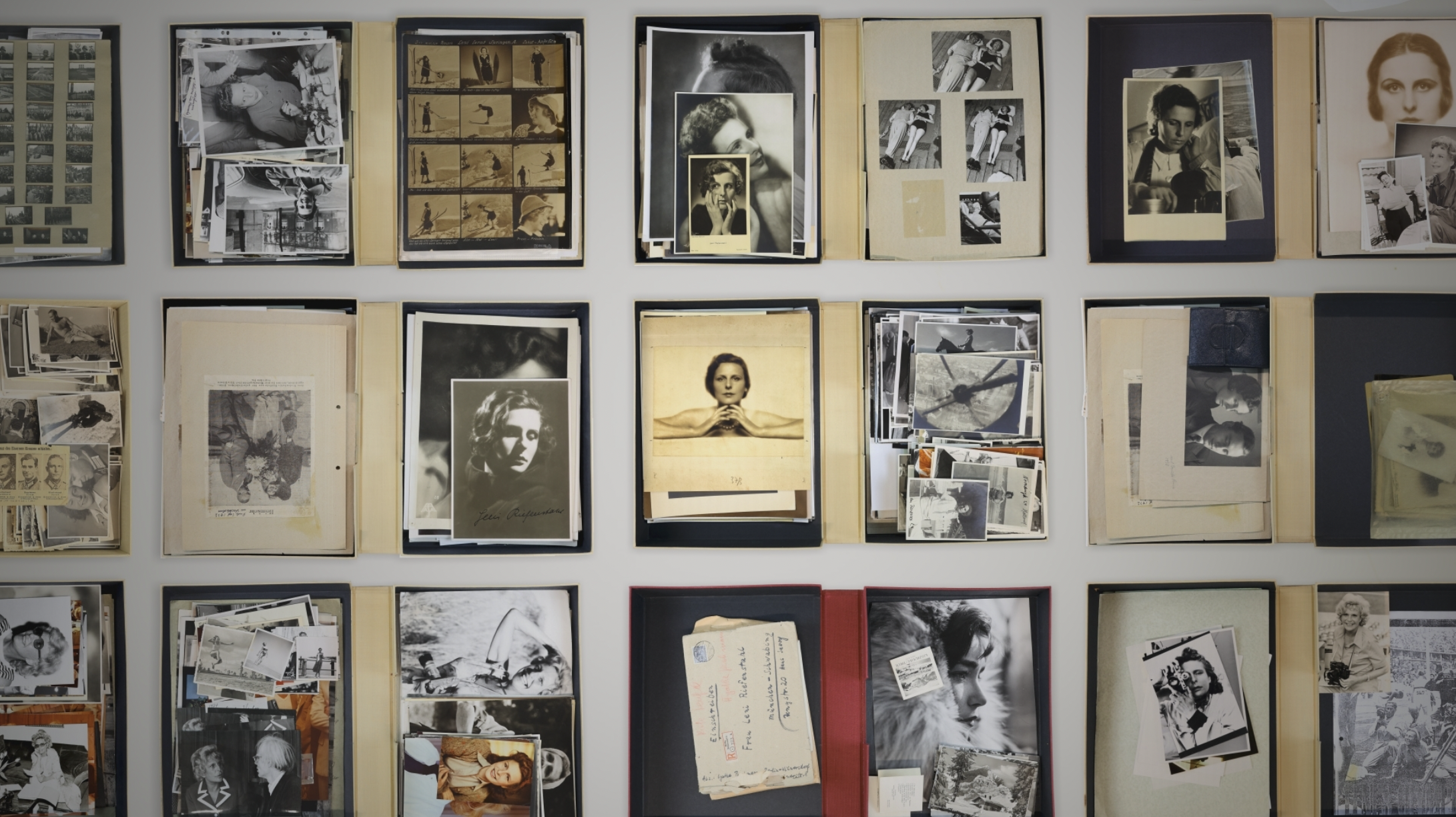
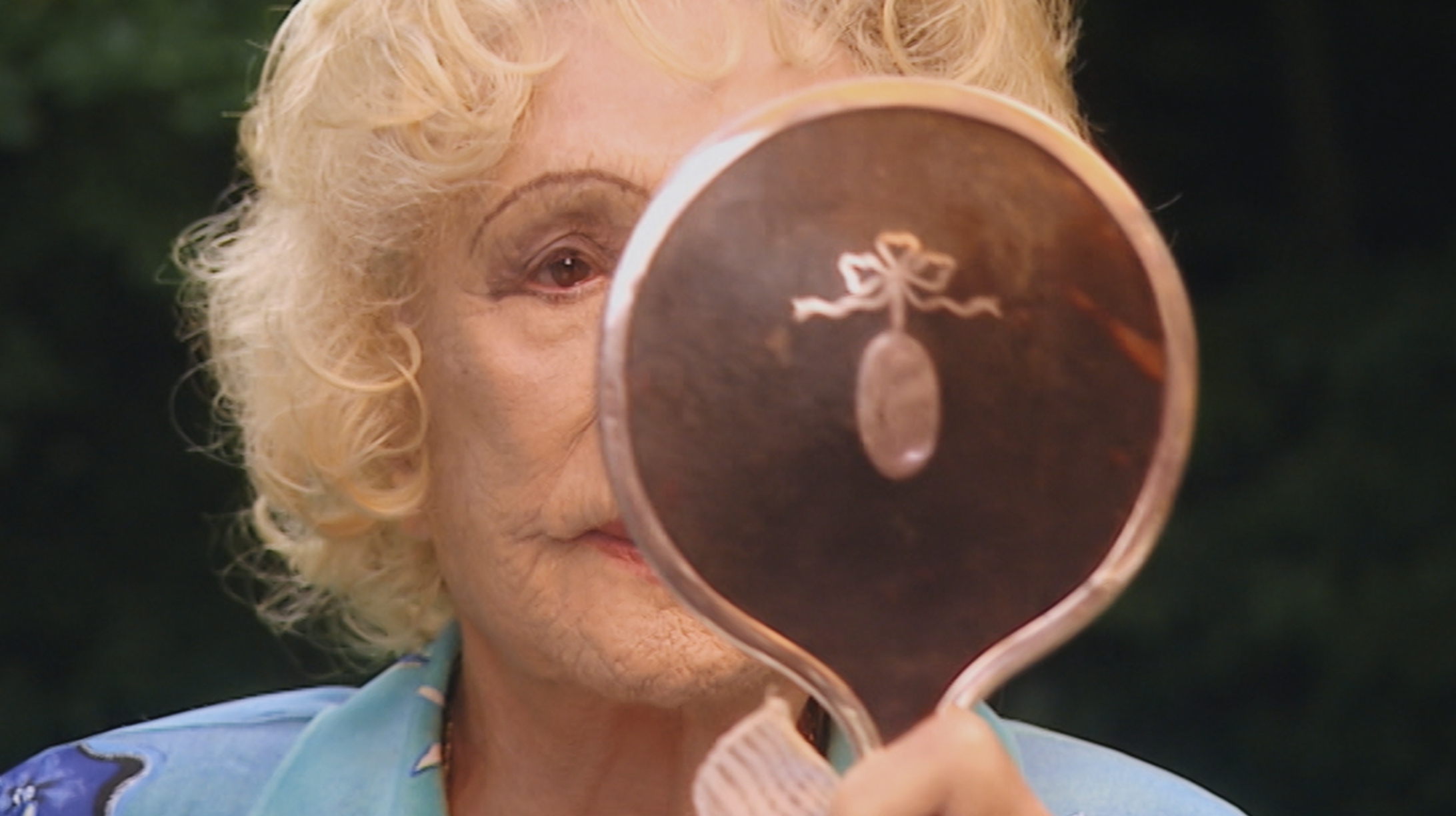
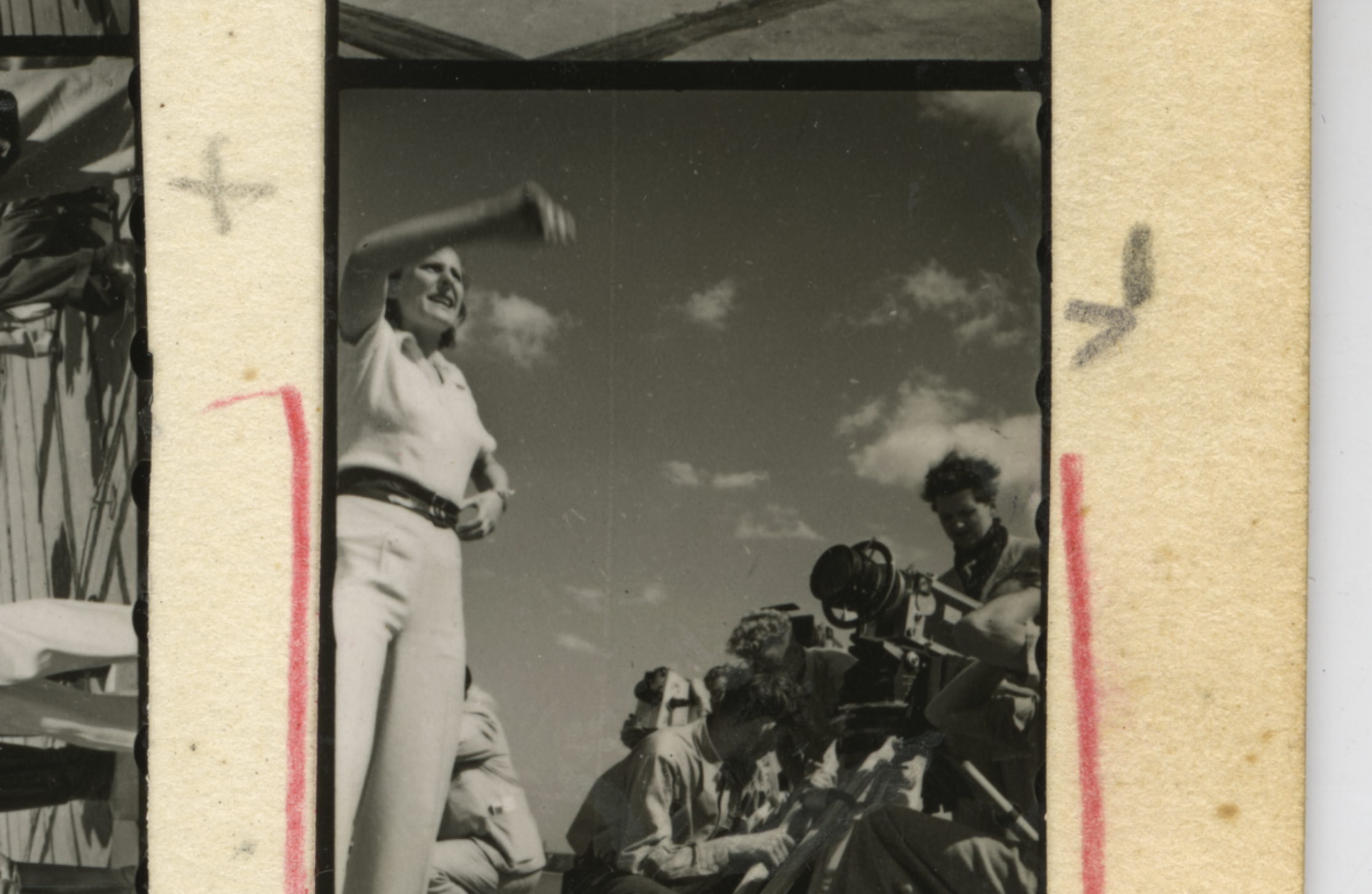
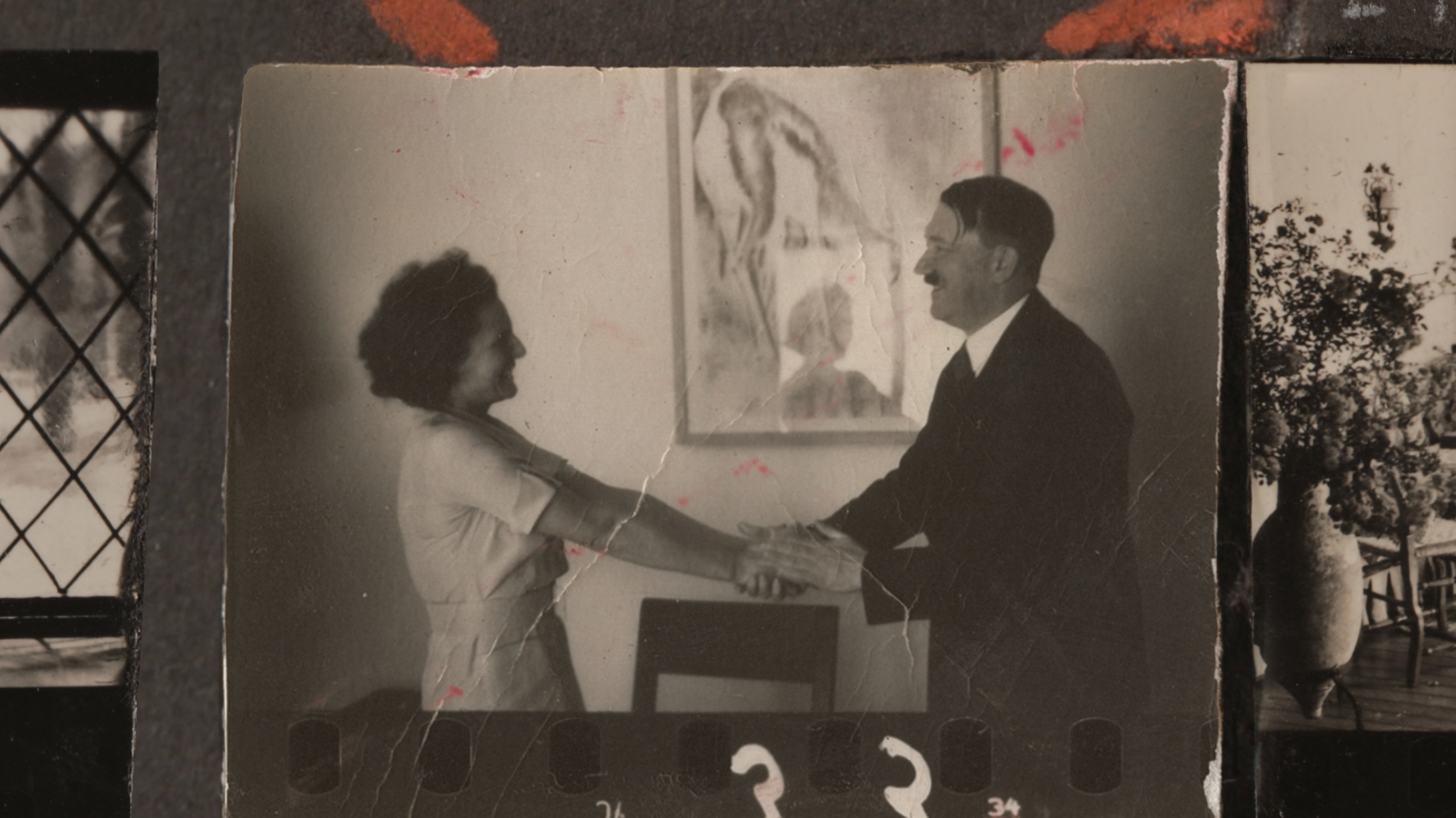
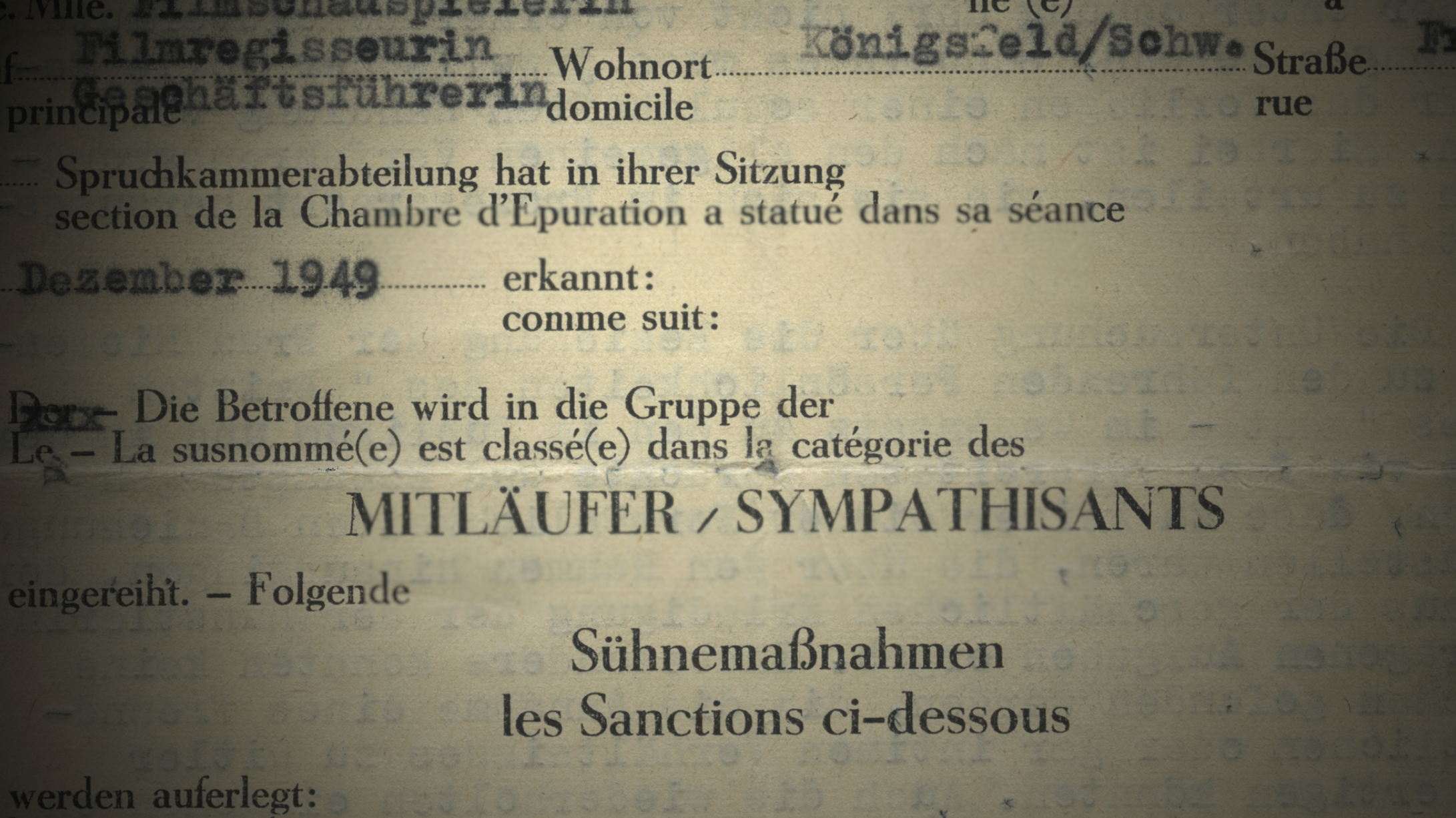
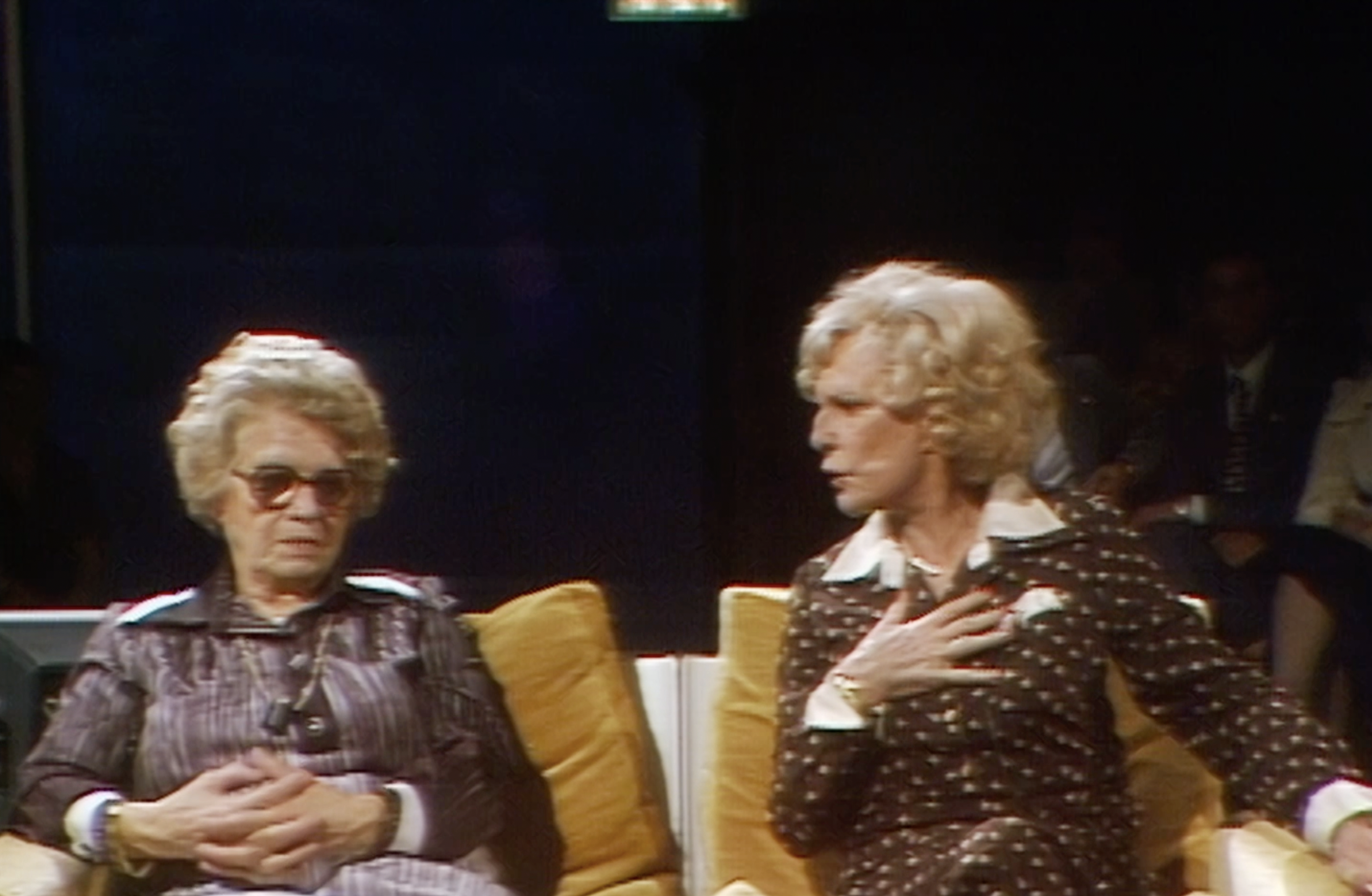
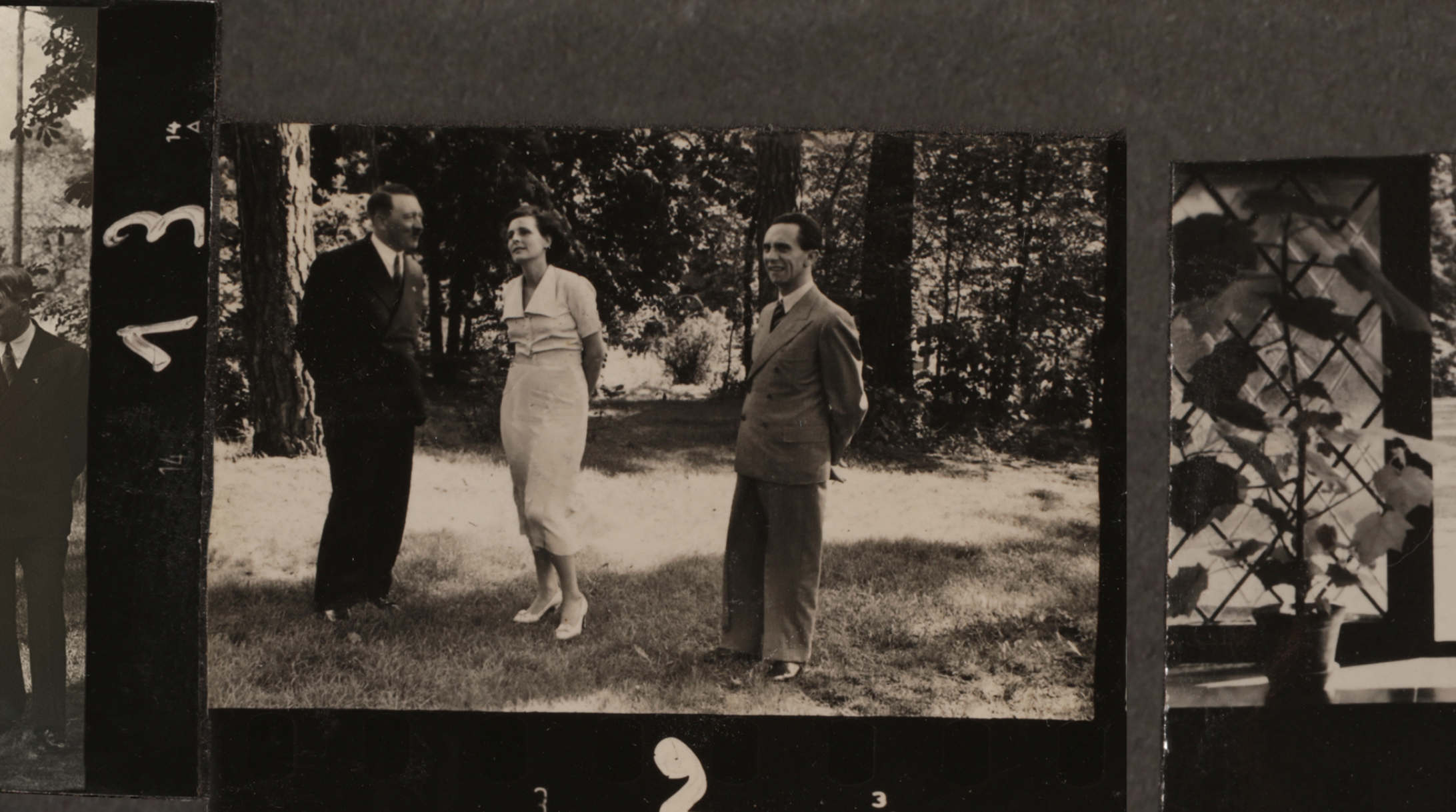
STORY
Leni Riefenstahl is considered one of the most controversial women of the 20th century as an artist and a Nazi propagandist. Her films TRIUMPH OF THE WILL and OLYMPIA stand for perfectly staged body worship and the celebration of the superior and victorious. At the same time, these images project contempt for the imperfect and weak. Riefenstahl’s aesthetics are more present than ever today - but is that also true for their implied message? The film examines this question using documents from Riefenstahl's estate, including private films, photos, recordings and letters. It uncovers fragments of her biography and places them in an extended historical context. How could Riefenstahl become the Reich's preeminent filmmaker and keep denying any closer ties to Hitler and Goebbels? During her long life after the fall of Nazism, she remained unapologetic, managing to control and shape her legacy. In personal documents, she mourns her "murdered ideals". Riefenstahl represents many postwar Germans who, in letters and recorded telephone calls from her estate, dream of an organizing hand that will finally clean up the "shit-hole state". Then, her work would also experience a renaissance, in a generation or two this time could come - what if they are right?
FILMMAKER
Andres Veiel's approach to filmmaking is characterized by intensive research which sometimes takes several years. In the course of his artistic career, he has been honored with well over fifty awards for his documentaries and feature films as well as for his theater productions and writings, including the European Film Award, several German Film Awards, the Grimme Award, and the German Federal Cross of Merit 1st Class. Veiel earned wider attention with his documentary BLACK BOX BRD (2001), in which he juxtaposes the life stories of the bank manager Alfred Herrhausen and the RAF terrorist Wolfgang Grams, as well as the feature film IF NOT US, WHO? (2010) about the history of the RAF, which premiered in the Berlinale competition, winning the Alfred Bauer Prize. His plays have been translated into several languages, performed on more than 100 stages, and invited to the Berlin Theatertreffen, among other venues.
While still studying psychology in West Berlin in the 1980s, Veiel completed directing and dramaturgy training with Krzysztof Kieślowski at the Künstlerhaus Bethanien and staged several plays with a prison theater group at the Berlin-Tegel correctional facility. His first feature-length documentary WINTERNACHTSTRAUM (1992) was followed by the documentary BALAGAN (1993), which won the Peace Film Prize at the Berlin International Film Festival and the German Film Award. In 1996, he made the documentary film DIE ÜBERLEBENDEN, which deals with the suicide of three of his classmates. The long-term project DIE SPIELWÜTIGEN (2004), which deals with the challenges of training and growing up faced by four acting students at the renowned Ernst Busch acting school in Berlin over a period of seven years, had its premiere at the 2004 Berlinale, where it won the popular Panorama Audience Award. It was followed by the semi-fictional film DER KICK (2006), based on his play of the same name. For the twenty-four-hour documentary project 24H BERLIN – EIN TAG IM LEBEN (2008) by director Volker Heise, he filmed the part about the editor-in-chief of the tabloid Bild. In 2013, he accompanied a UN employee in Palestinian refugee camps for the 24H JERUSALEM project.
Another of his feature films is devoted to the controversial artist Joseph Beuys. For BEUYS (2017), he researched in various archives for over three years and spent more than eighteen months in the editing room with his team of editors. The film, which for the most part consists of previously unpublished archive material, does not focus on Beuys' artistic work, but on the person behind it. Another controversial film by Veiel, which provoked many discussions in Germany, was the television film ÖKOZID (2020). Here the director places the Germany of the future before the International Court of Justice in order to address the years-long circumvention of EU environmental requirements. In January 2025, the book Close-up Leni Riefenstahl. New Perspectives from the Estate (2024, Fischer Verlag) will be published in Germany, which Veiel wrote together with Klaus Dermutz and in which he reflects on his work on the film and the complexity of the person and oeuvre of Leni Riefenstahl.
REVIEWS
★★★★★
“A brilliantly disturbing portrait”
The Times
★★★★★
The Telegraph
★★★★★
“Extraordinary”
The Guardian
★★★★
”Masterful”
The Times
★★★★★
”A masterful documentary”
All About History
★★★★
Radio Times






